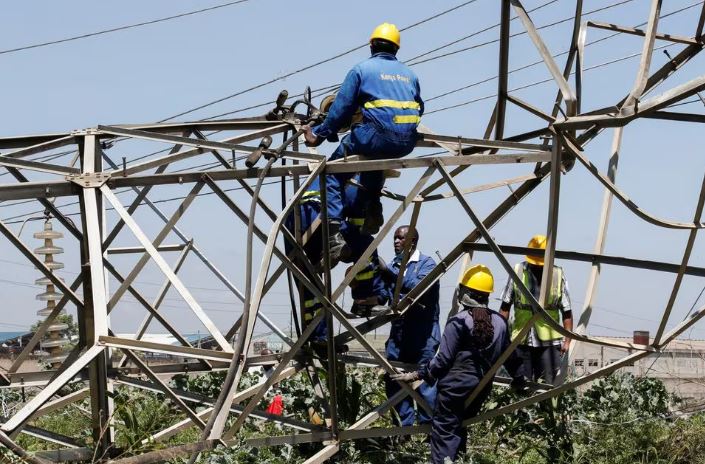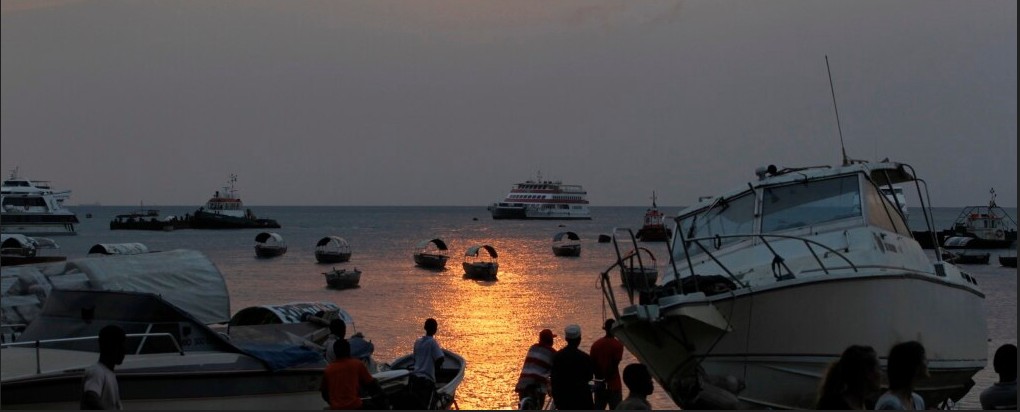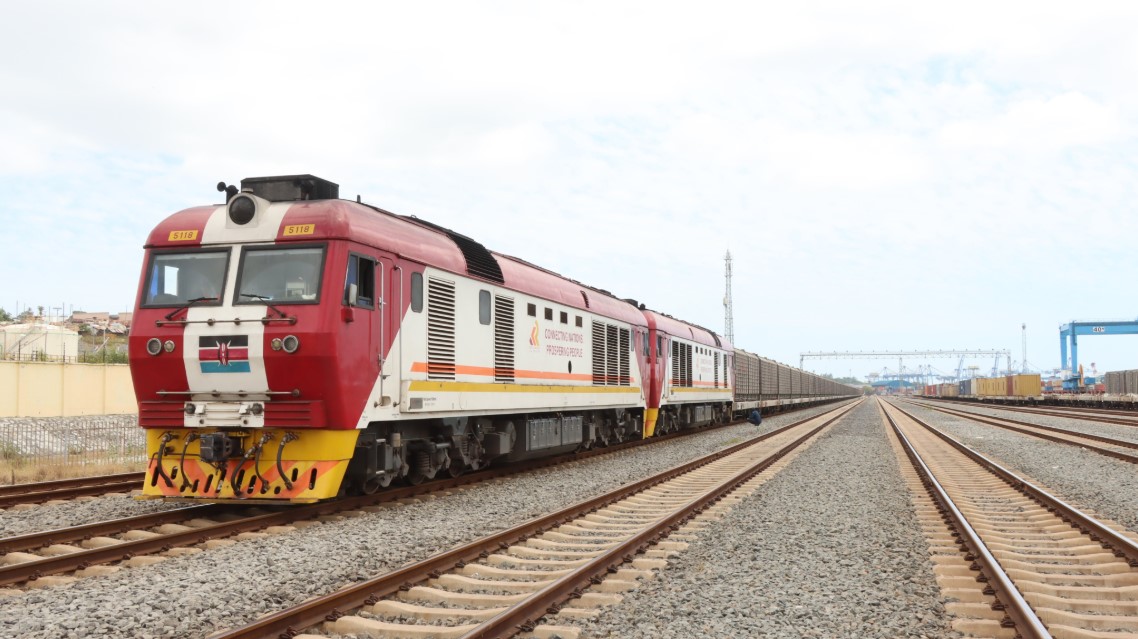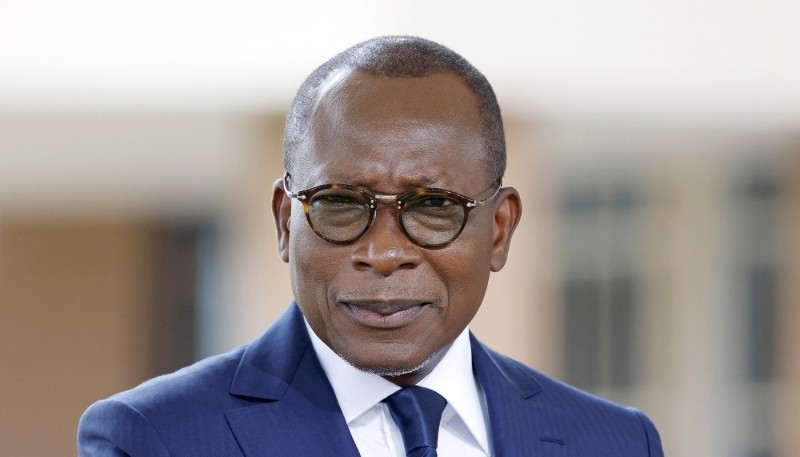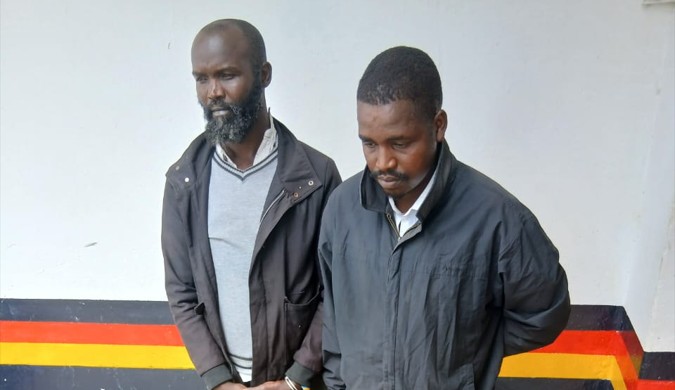UN deputy secretary-general and envoy visit Sudan, Chad amidst ongoing humanitarian crisis
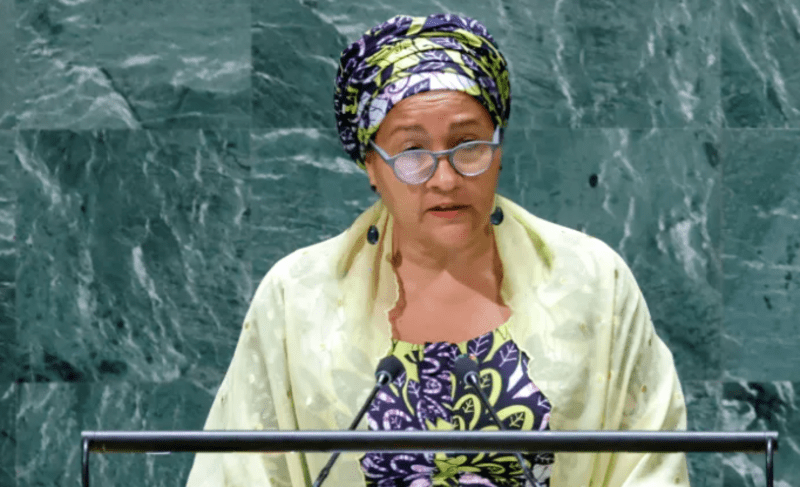
The delegation plans to engage with local authorities and representatives from both refugee and host communities throughout their trip.
The United Nations Deputy Secretary-General, Amina J. Mohammed, and the Secretary-General's Personal Envoy for Sudan, Ramtane Lamamra, are currently in Sudan, as announced by his office on Thursday.
The two officials, accompanied by an inter-agency delegation that includes the Resident Coordinator and Humanitarian Coordinator for Sudan, Clementine Nkweta-Salami, and senior representatives from various UN agencies, arrived in Port Sudan to meet with the Transitional Sovereignty Council, senior officials, and the UN country team. The visit is aimed at strengthening humanitarian efforts in the country amid ongoing conflicts.
More To Read
- Sudan's army chief says "no truce" with paramilitary forces
- MSF raises alarm over extreme malnutrition as Sudan crisis deepens
- UNHCR warns of deepening humanitarian crisis in Darfur, Kordofan
- Sudan war: Aid teams plead for access to thousands trapped in El Fasher
- Kenya reaffirms commitment to political solutions for regional conflicts
- Refugee group raises alarm over lending traps facing displaced families
Following their engagements in Sudan, Deputy Secretary-General Mohammed and her delegation will travel to Adré, Chad, to highlight the complex challenges facing Chad, including regional implications and key risks, and call for global solidarity. The delegation plans to engage with local authorities and representatives from both refugee and host communities throughout their trip.
Before departing for Sudan, the UN's top official first met with the Djiboutian Foreign Minister, Mahamoud Ali Youssouf. Djibouti, currently the chair of IGAD, has also appointed a special envoy for Sudan to help mediate the crisis.
Since the conflict erupted in Sudan in mid-April last year, over 634,000 people from more than 178,000 households have fled to Chad, significantly straining the host nation's capacity to provide support. The refugees are concentrated in several provinces: Ouaddai (447,617), Sila (93,841), Wadi Fira (85,674), and Ennedi-Est (7,046), according to the UN Refugee Agency (UNHCR).
More than 580,000 refugees from 164,209 households have been registered and classified by vulnerabilities such as women at risk, single parents, elderly individuals, children at risk, and persons with disabilities. At least 89 per cent of the refugees in Chad are women and children, with women accounting for 26 per cent. Many of these refugees lack access to basic healthcare.
The Chadian government estimates that the number of refugees and returnees in Chad could reach 910,000 by the end of 2024 if the conflicts in Sudan persist and the influx of new refugees and returnees continues. Since fighting broke out in Sudan in mid-April last year, more than 10 million people have been displaced, making it one of the largest displacement crises globally. While most remain in Sudan, about 2 million have crossed into neighbouring countries.
Hundreds of Sudanese refugees continue to flee daily across the border to Chad, but many of the existing overcrowded camps and makeshift settlements in eastern Chad are facing severe shortages of food and healthcare.
Chadian authorities, UNHCR, and the UN Migration Agency (IOM) have cited a massive influx of displaced people, including Sudanese refugees and Chadian returnees, arriving spontaneously through more than 32 border entry points, primarily in the provinces of Ouaddai, Sila, Wadi-Fira, and Ennedi Est in Eastern Chad.
The humanitarian crisis continues to escalate, and the UN's high-level visit aims to mobilize international support and attention to address the growing needs of refugees and host communities in the region.
Top Stories Today


